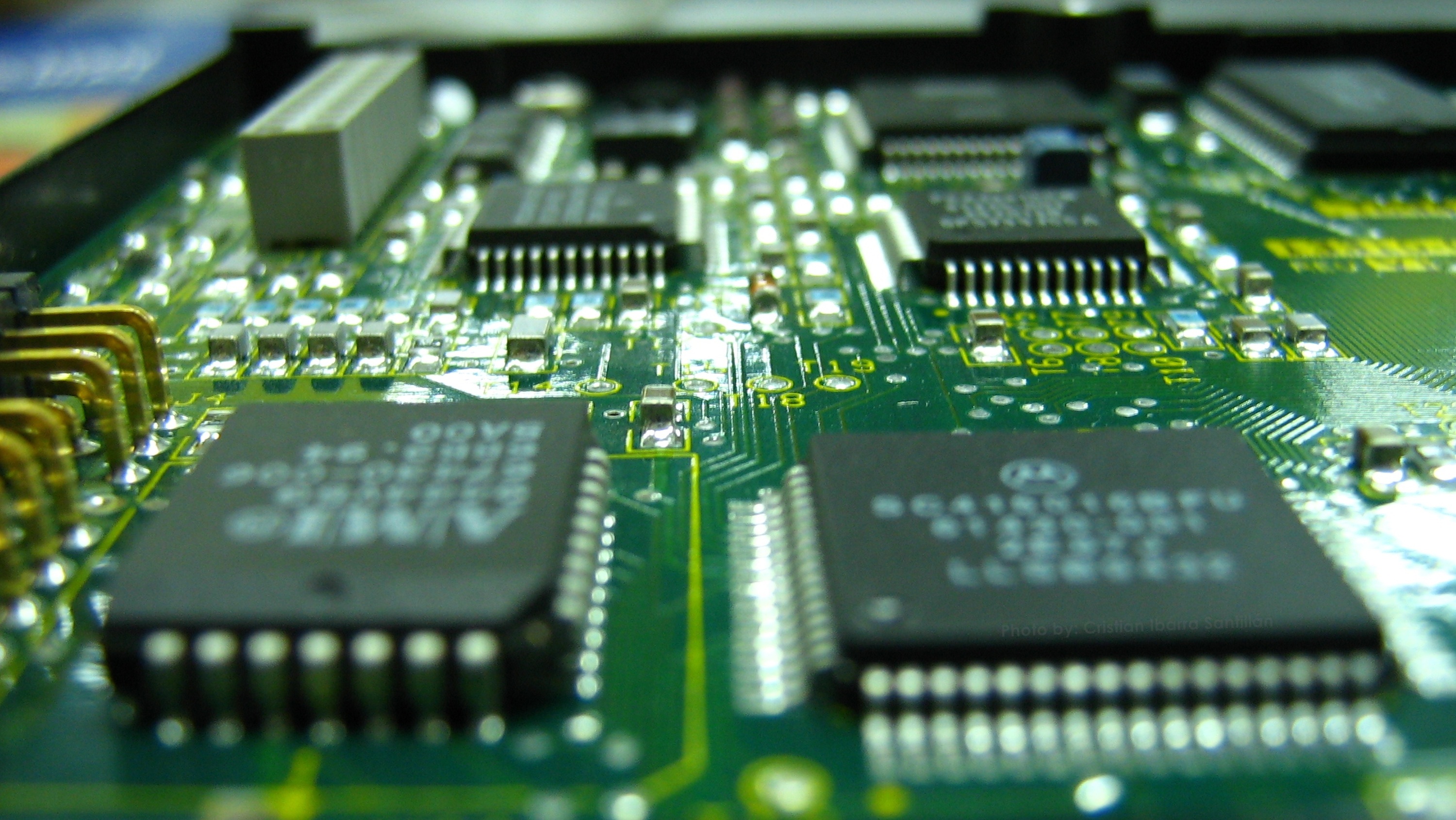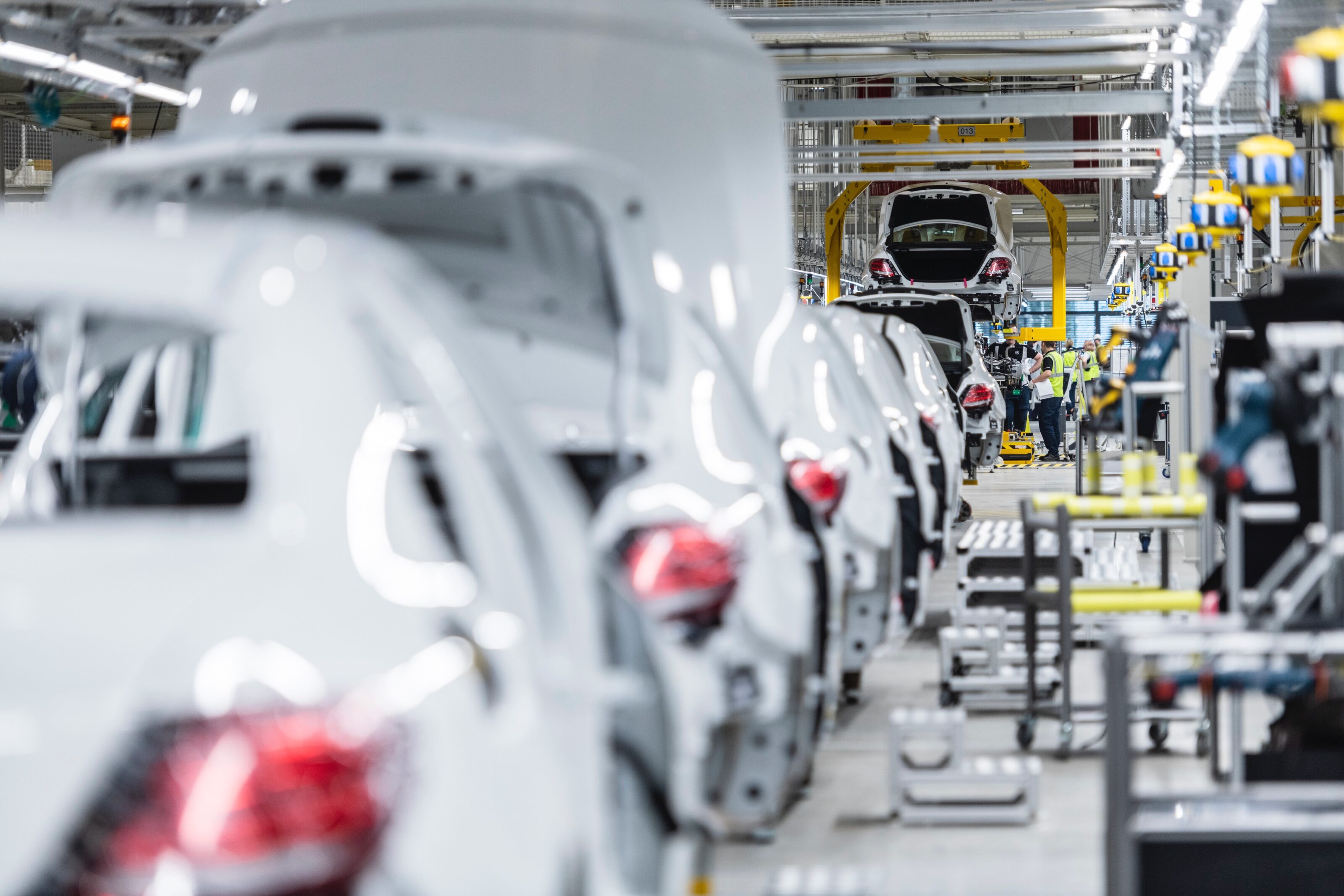Tech firm Bosch says it is investing more than €3 billion into making more semiconductors in a bid to tackle the ongoing chip shortage.
The funding, as well as going into ramping up parts production in the firm’s native Germany, will also go towards new testing centres and research between now and 2026.
“Microelectronics is the future and is vital to the success of all areas of Bosch business,” Bosch Chairman Stefan Hartung said in a statement. “We hold a master key to tomorrow’s mobility.”
The investment will be made in response to the European Chips Act, with the EU and German Government providing some of the cash to bolster the continent’s microelectronics industry with the hope of doubling its portion of chip production from 10 to 20 per cent by 2030.
“Europe can and must capitalise on its own strengths in the semiconductor industry,” Hartung said. “More than ever, the goal must be to produce chips for the specific needs of European industry.”
The news follows the supplier announcing in November last year that it would spend an extra €400 million (AU$615.45m) to expand its existing production facilities – aiming to get on top of the shortage and prevent it from happening again in the future.
Having recently opened a new, €1 billion (AU$1.57bn) semiconductor factory in Dresden, Germany, Bosch plans to spend a majority of its investment on the new plant, targeting increased production in 2022.
Roughly €50m (AU$76.93m) will be spent on the fabrication plant in Reutlingen, with up to €150m (AU$230.79m) to be invested between 2021 to 2023 on additional clean room space across all factories.

On top of the investments in its German plants, Bosch also plans to build a semiconductor test centre at its Penang facility in Malaysia – although this isn’t expected to become operational until 2023.
Over the past 18 months, the global car industry has been facing a production crisis due to the shortage of semi-conductor chips, which are needed in just about every electronic device on the planet.
It’s wreaking havoc on vehicle supply chains, leading to instances like the thousands of new Ford F-Series pick-ups parked in limbo at Kentucky Speedway, almost complete but missing crucial electronic components.
New cars can require thousands of these chips, but when COVID-19 outbreaks shut down automotive factories in 2020, carmakers cancelled semi-conductor chip orders expecting not to need them.
The tech industry, fuelled by a shift towards home life, absorbed that chip supply. Lockdowns ended, and the demand for cars skyrocketed – but there were far too few chips to meet it.
Globally up to mid-2021, the car industry was reported to have suffered to the tune of more than €90 billion (AU$141bn) according to research firm AlixPartners.
In Australia, the local industry is feeling the effects of overseas delays, and waiting times for some vehicles have ballooned to many months as demand for new cars has increased in the wake of global lockdowns lifting.
We recommend
-
 News
NewsSemiconductor shortage may be about to catch up with Hyundai
A leaked internal note suggests defective third-party computer chips could be about to delay Hyundai’s production
-
 News
NewsUkraine conflict to worsen semiconductor chip crisis
It’s more bad news for the automotive industry, with key ingredients used in chip-making coming from Ukraine and Russia
-
 News
News2022 Mitsubishi Triton: Aftermarket head unit fitted due to chip shortage
The proprietary 7-inch infotainment system fitted to the Triton has been swapped out for an aftermarket system on some grades





